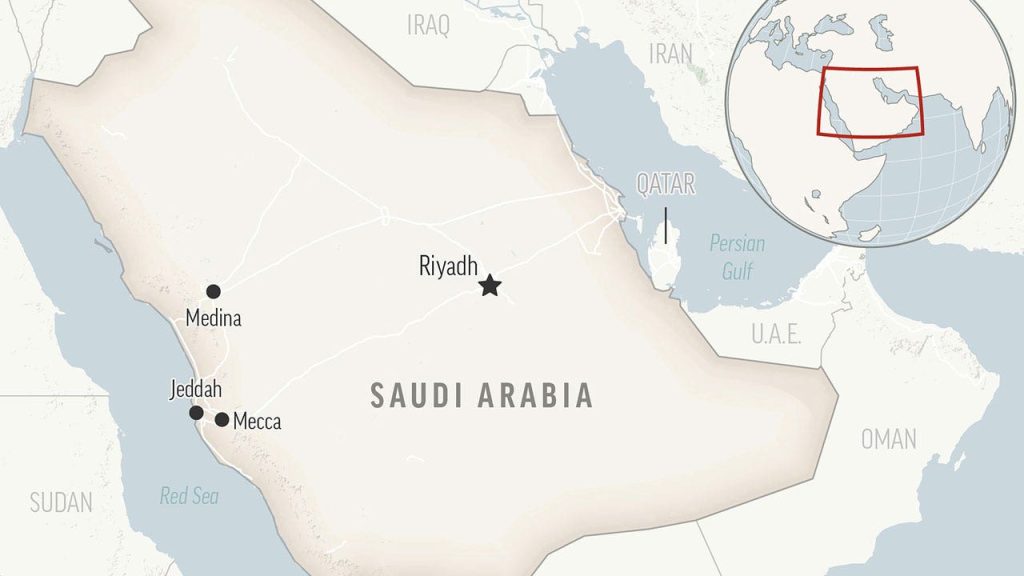Saudi Arabia recently confirmed that a female fitness instructor, Manahel al-Otaibi, had been sentenced to 11 years in prison for unspecified “terrorism offenses”. While the kingdom denied that the case was related to al-Otaibi’s online presence, human rights activists believe that her conviction sheds light on the limits of expression in Saudi Arabia. Al-Otaibi’s charges were reportedly linked to her choice of clothing and her online advocacy against the male guardianship system in the country.
Amnesty International and ALQST, a London-based human rights group, stated that al-Otaibi’s charges included defaming the kingdom, calling for rebellion, and challenging societal norms. She posted fitness videos on social media platforms like Instagram, Twitter, and Snapchat, advocating for liberal dress codes, LGBTQ+ rights, and the abolition of male guardianship laws in Saudi Arabia. Her case underscores the restrictions faced by individuals who express dissent in the kingdom.
The Saudi government’s letter to the United Nations did not provide specific evidence for al-Otaibi’s conviction, dismissing allegations against her as unfounded and uncorroborated. The letter emphasized that exercising and defending rights is not a crime under Saudi law, but linking such actions to terrorism is unacceptable. Al-Otaibi was detained in November 2022, while her sister Fouz faced similar charges and fled the country to avoid persecution.
In recent years, Saudi Arabia, under the leadership of Crown Prince Mohammed bin Salman, has undertaken certain reforms to liberalize aspects of women’s lives in the country. Since 2018, women have been allowed to drive, and other restrictions have been lifted as the kingdom seeks to diversify its economy away from oil dependence. However, activists who challenge Saudi rules or criticize the government on social media often face imprisonment, like Salma al-Shehab, a former doctoral student serving a 27-year sentence.
The case of Manahel al-Otaibi highlights the ongoing challenges faced by individuals who advocate for human rights and express dissent in Saudi Arabia. While the kingdom has made some progress in liberalizing certain aspects of society, there are still severe limitations on freedom of expression and activism. The Saudi government’s response to allegations of terrorism offenses against al-Otaibi underscores the broader issues concerning the targeting of activists and dissidents in the country.
Despite efforts to showcase a more progressive image on the world stage, Saudi Arabia continues to face criticism for its treatment of human rights defenders and the lack of transparency in legal proceedings. The case of Manahel al-Otaibi serves as a reminder of the risks faced by those who challenge the status quo in the kingdom, and the need for greater international scrutiny of Saudi Arabia’s human rights record.













